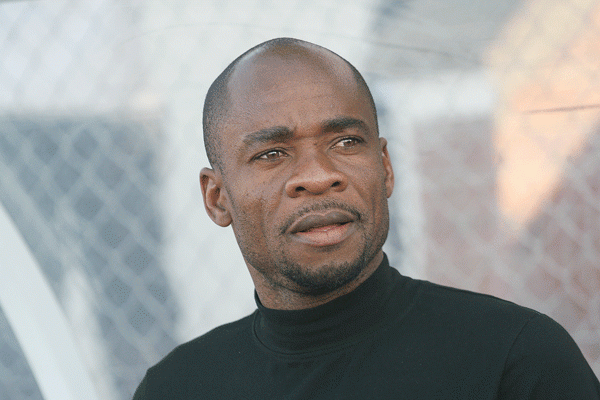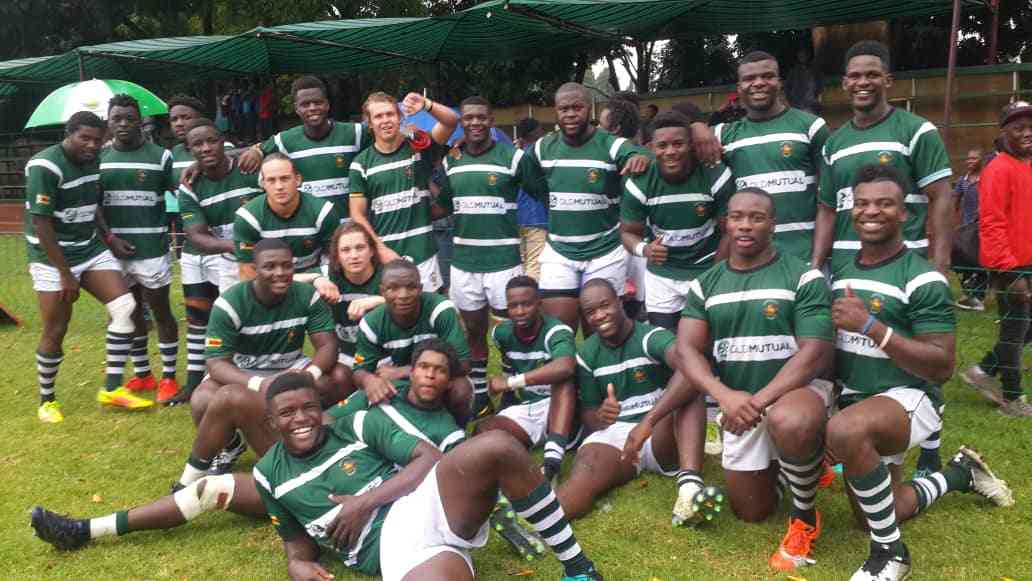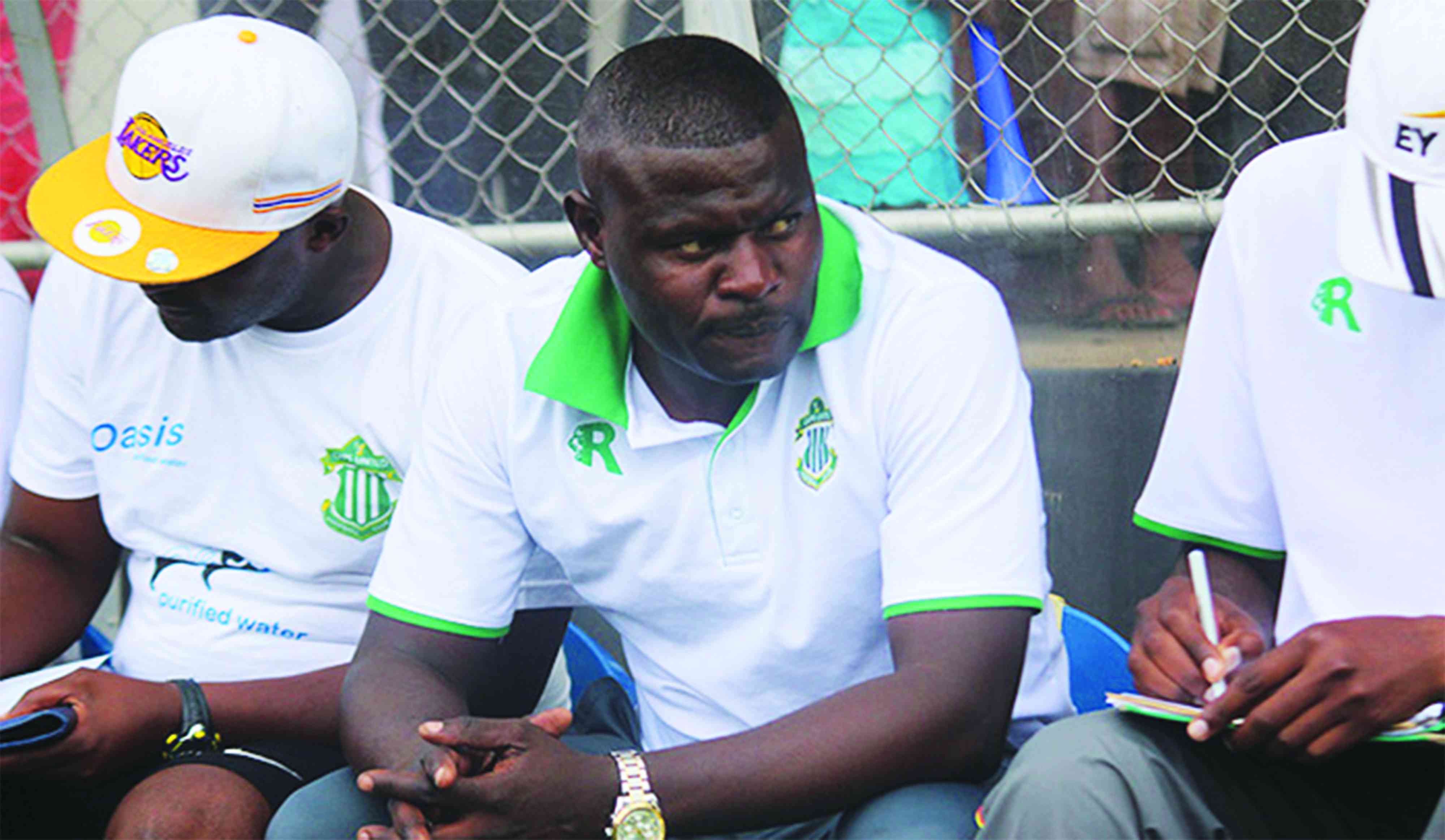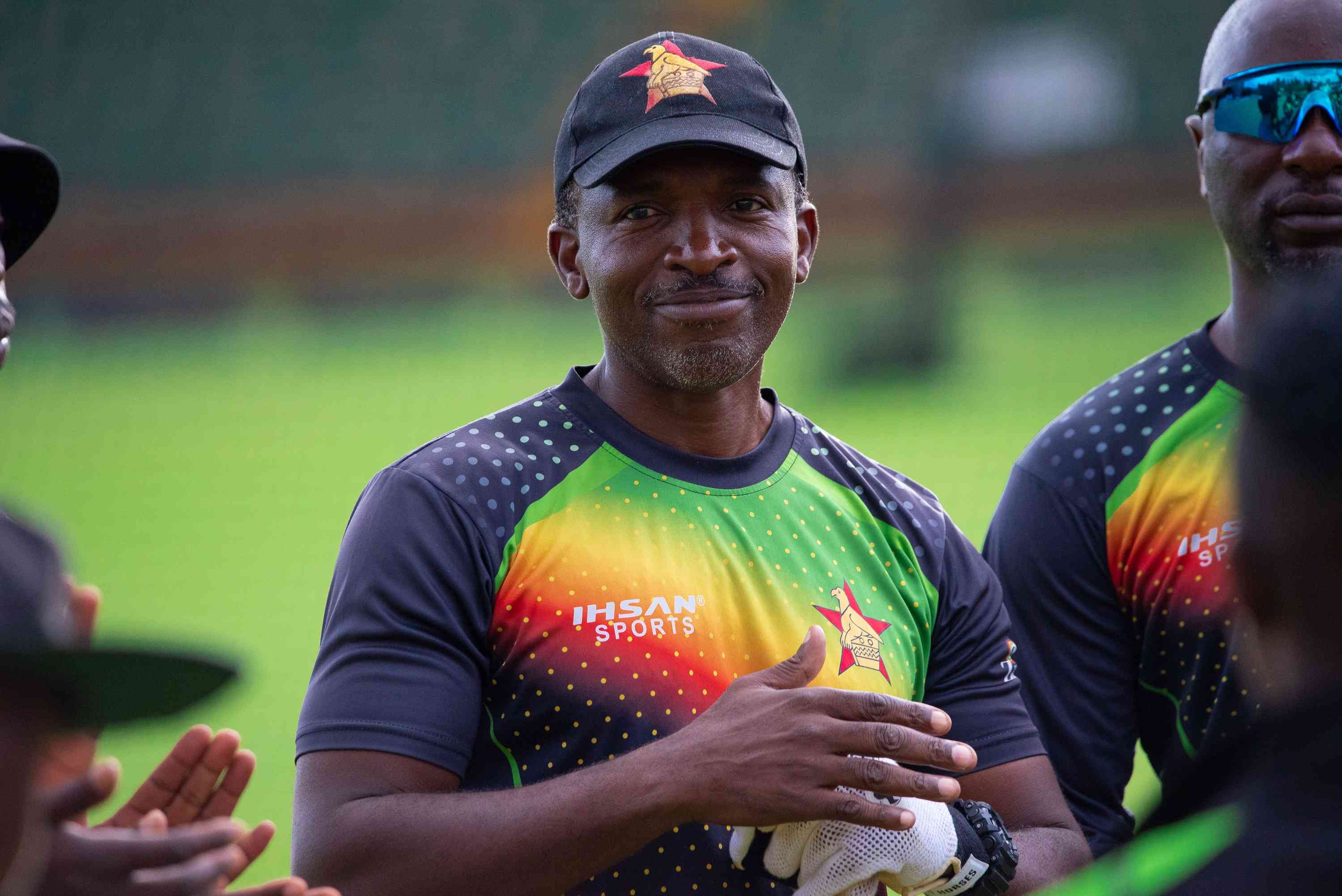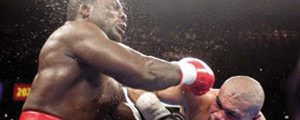
The current boxing leadership has clearly overstayed and cannot offer anything new to revive the sport. In fact, they should just pack up their bags and go. The sport needs urgent “resuscitation medicine”. We cannot always cry out about sponsorship problems because there are no new ideas to harness that corporate support.
REPORT BY FORTUNE MBELE/SUKOLUHLE MTHETHWA
BOXING in Zimbabwe is remebered through names like the late Proud “Kilimanjaro” Chinembiri, Langton “Schoolboy” Tinago, Mordecai Donga, Ambrose Mlilo and Alfonso Zvenyika. Over the years the sport has taken a slump.
In the past, Stoddard Hall, Windermere Hotel, Manor Hotel, Reynolds Inn and Bulawayo Polytechnic were home of the then great sport, with stables like Rampage Ring Promotions and Blow by Blow promoting events regularly.
Lorraine Muringi even participated in the male-dominated sport, competing with the likes of businessman Phillip Chiyangwa, Stalin Mau Mau and the late Jeff Dube.
The last professional boxing tournament in Bulawayo was held at the Large City Hall in June last year.
The sport was so popular back then that boxers from Zambia flocked into the country to take part in tournaments.
Heavyweight boxing champion Thamsanqa Dube is one boxer who had lots of potential until he won the Pan-African title, beating Jack Ells in Johannesburg, South Africa, in 2009, but he was stripped of the title after he failed to defend it within the stipulated time frame.
- Chamisa under fire over US$120K donation
- Mavhunga puts DeMbare into Chibuku quarterfinals
- Pension funds bet on Cabora Bassa oilfields
- Councils defy govt fire tender directive
Keep Reading
Dube made a mark on the local scene beating veteran boxer Arigoma Chiponda and Gardner Ndingwa numerous times before venturing into the international scene – beating boxers who include Joseph “Ramos” Phiri, a Zambian heavyweight boxer in a 12-round contest.
Veteran coach Phillip “Striker” Ndlovu attributed the demise of the sport to many factors.
“The main problem that we are facing is sponsorship. It is difficult because we expect the corporate world to assist us, but they are also facing challenges. Promoters are available, but they are currently not involved because they do not have money,” he said.
“The sport is dying because there are no tournaments, so we end up losing our boxers because they end up leaving the sport to perform other jobs or go to other countries. They are demoralised. We cannot blame the board because their duty is to give licences to promoters,” said Ndlovu.
“Our boxers are going to Namibia because it is the best country in Africa promoting the sport at the moment. They have eight Pan- African titles and two inter-continental championships. They will be holding a world title fight in January. There are no fights in Zimbabwe, so we try and get fights for our locals in Namibia. Most of our boxers lose because they will be ring-rusty. But it is better because it keeps them busy, as that is where most earn a living,” he said.
Boxing enthusiast and seasoned manager Mau Mau said not much was happening in the sport in the country at the moment because of lack of funding. He lambasted the flurry of excursions to Namibia at the expense of hosting local boxing tournaments.
“Absolutely nothing is coming from our boxers going to Namibia. It’s actually killing boxing. We are leading our boxers to the slaughterhouse. Our boxers are being pummelled and it actually destroys their workouts. More than 80% of the fights there are failures. It’s a big dent to the boxers’ records. Our boxers have been used as cannon fodder and stepping stones for the Namibian boxers,” Mau Mau said.
The seasoned boxing manager took a swipe at the Zimbabwe National Boxing and Wrestling Control Board, which he said should intervene and control the number of boxers who go out of the country.
“Not much is happening in boxing because we have got very minimal local tournaments taking place due to chronic lack of sponsorship. People who follow boxing should know that what the board does is police the sport, but in the case of the Namibian fights, the board should intervene by controlling boxers because they will be protecting them, even from a health perspective,” Mau Mau said.
He blamed the dearth of local boxing on the failure by boxing people (including himself) to lobby for sponsorship for local fights from the government and the corporate world.
“There is no sport that will excel without the corporate world and the government. Boxing is no exception. The problem is in us the people who are involved in boxing – the managers. We have not done enough to conscientise sponsors on the sport.
“We cannot talk of boxing promoters in this country. Promoting is a commercial undertaking and you cannot promote when there is no sponsorship. I used to sponsor local fights from my own pocket and it was a 100% sacrifice so that boxers could step into the ring locally and then gain international recognition. We have got a mandate to develop our boxers so that they are noticed internationally,” Mau Mau said.
Boxing lacks sponsorship: Donga Bulawayo professional boxer Ntando Sibanda won his first international fight in September, while Zimbabwe welterweight boxing champion Charles Manyuchi drew with a Namibian boxer three weeks ago.
Former Zimbabwe light and middleweight boxing champion Donga has been facilitating trips to Namibia for local boxers under the Mordecai “Big Fish” Boxing Stable.
“The main problem that we are facing is lack of sponsorship. We cannot get any vibrant sponsors if there are no proper structures in professional boxing. The board does not even have an office to operate from. They operate from their (private) offices and use mobile phones. No companies will want to pour money in a sport that does not have proper structures,” he said.
“For the sport to improve we need to completely revamp the sport. The sport cannot be successful because there is nothing happening on the amateur ranks and that is where we are supposed to get professional boxers from. We only have one boxing officiator Mukondiwa, while Collin Mlilo is late.”
On the trekking of boxers to Namibia, Donga said: “Our boxers are not getting title fights because they are losing non-title fights. That is why I am doing away with old horses,” he said.
Zimbabwe Board of Wrestling and Boxing Control chairperson Patrick Mukondiwa said the sport was facing many challenges.
“The sport that receives (a lot of) sponsorship in Zimbabwe is football, maybe there is something special about it. We have good boxers who can go far, but there are no resources,” he said.
“Our boxers continue losing bouts when they go to Namibia, but I think it is the duty of promoters to ensure that boxers are fully prepared.”



